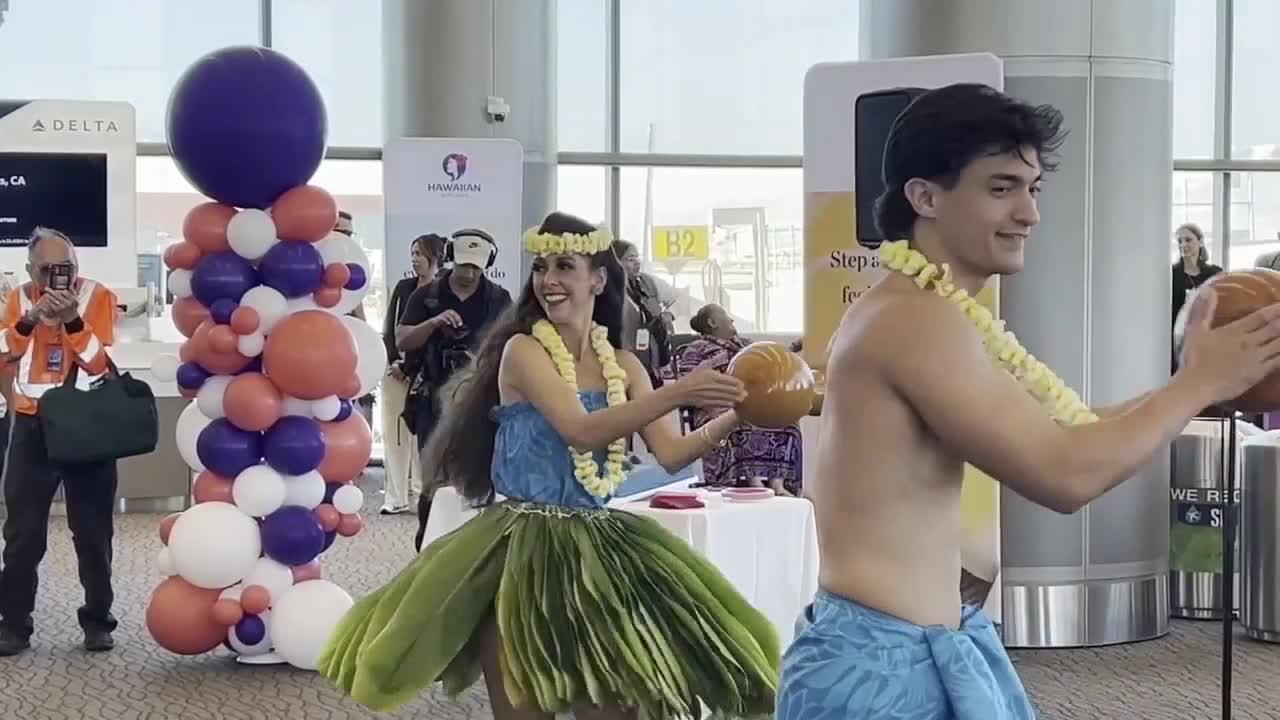EAGLE MOUNTAIN, Utah — Native Hawaiian and Pacific Islander communities in Utah face higher rates of chronic health conditions and shorter life expectancy compared to the state average, according to the Utah Department of Health and Human Services.
For Kalima Watson, food isn’t just a meal — it’s a part of who he is. “It’s in my blood, I’m going to love food until the day I die," Watson, a community member living in Eagle Mountain, said.
Watson moved from Hawaii to Utah in 2017. He says food has always been central to his culture and sometimes a challenge. “Growing up, it was shameful to not finish your food, to not finish your plate," Watson explained.
Watson says that in high school in Hawaii, he learned about the health challenges many Hawaiians face, including diabetes and obesity. Students at school were expected to complete long races in swimming or running every year. “We had to take mandatory health courses to talk about the issue," Watson said. “There was a big focus on helping kids stay healthy at my school."
The Utah Department of Health and Human Services shows that life expectancy for Native Hawaiian and Pacific Islander populations is 4.4 years lower than the state average, with higher rates of diabetes, cancer, and infant mortality.
“Our community health workers are constantly active in the community, making sure that they know how our laws work, where to buy foods that they’re familiar with, and where to find a doctor that understands our background," said Kamaile Tripp-Harris, a Community Health Worker Program Manager for the University of Utah School of Medicine.
Tripp-Harris, who's a Hawaii native, leads a team of community health workers who help Native Hawaiian and Pacific Islander families find care and resources. She also focuses on training future providers to better understand the backgrounds of Native Hawaiian communities.
“You don’t have to crush a person’s cultural belief system in order to introduce new knowledge," she said. "You can certainly work in tandem with their beliefs and respect them."
For Tripp-Harris, she says it’s about creating a network that makes care feel less overwhelming. “Build their support and capacity around them," she said. "So they feel more confident in addressing their health needs.”




